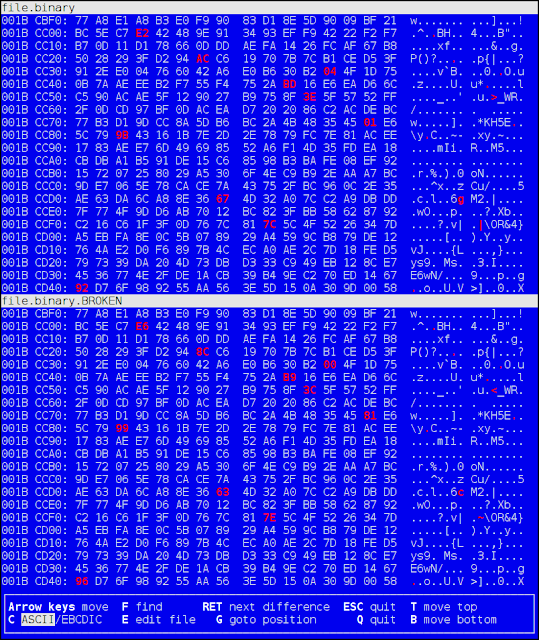Is phytic acid really bad?
I found this article on Google Groups archives:
Related: "Wheat Belly is an anti-scientific" - discussion about gluten, phytic acid and pseudoscience.
Soy Isoflavones Side Effects: Necessary Points
There are lots of benefits credited to soy. It has vital omega 3 fatty acids which are extremely important in various bodily processes. Soy has phytic acid which is an antioxidant which they say can help fight inflammation, decrease cancer risks and also deal with diabetes. The glyceollins inside soya work well against fungal infection. There's also a great dispute about isoflavones present in soya with one party saying it's great for treating cancer even though the other claims it can really trigger cancer or perhaps make cancer worse.
We will talk more concerning soy isoflavones side effects in the following paragraphs. Legumes which includes soya naturally create isoflavones. Isoflavones are classified as phytoestrogens which basically means that they mimic estrogen attributes and that they originate from plants. The opinion about the influences of soy on breast cancer is disagreeing. Because of isoflavones' estrogen-like qualities, anti-soy groups claim that it may promote cancer. But according the other camp, soy isoflavones are effective in fighting cancer. It seems that the difference on the results will depend on the amount of soy ingested. It's preferable to steer clear of soy for those who have cancer of the breast until more exploration clears things up. There's a blog about herbal remedies known as Natural Health Sherpa that has an interesting article concerning the actual effects of soy on breast cancer.
Soy isoflavones can sometimes cause headaches and migraines in a number of individuals. Some people are allergic to soy and their heart rates jump when they are exposed to soy which leads to headaches.
Food allergic reactions can also be brought on by isoflavones coming from soy. The result could be runny nose, digestive issues or perhaps itching. One more outcome can be constipation. When given to babies as baby formula, certain cases triggered diarrhea. Bloating as well as cramping may be caused by isoflavones in soy as well.
Hypothyroidism as well as goiter, as reported by one research, can both be brought on by soy isoflavones. Iodine should be added to soy products as mandated by law to address these problems. But if an excessive amount of soy isoflavones is ingested, thyroid cancer can result even if adequate iodine is utilized.
The truth is there are research studies that support the overall health benefits of soy while other studies claim that soy is harmful for you. It helps decrease cholesterol levels in the body. Hot flashes are noted to be reduced by isoflavones from soy. But these benefits could be due to the estrogen-like traits of the isoflavones inside soya.
Therefore, it might not exactly be a bad idea to just decline to soy in the end. If something is dangerous and beneficial simultaneously, can it be still worth utilizing? Furthermore, there are many alternatives that could provide the benefits that soy provides. These alternate options often don't have the risks associated with soy. If you can't stay away from eating soy as well as soy products, then do yourself a favor and only use moderate amounts of these products. Jashmin Morres
So, according to this article "phytic acid (...) can help fight inflammation, decrease cancer risks and also deal with diabetes".
According to William Davis (the author of "Wheat Belly: Lose the Wheat, Lose the Weight, and Find Your Path Back to Health") phytic acid is bad because it disturbs digestion and blocks iron and zinc absorption. However, according to other sources, phytic acid is good for humans and the blocking of iron and zinc has negligible impact on human health (because the phytic acid cannot block considerable amount of iron and zinc).
I am confused: is phytic acid really bad or not?
According to Dr. Andrew Weil phytates have health benefits:
You also should be aware that phytates themselves have some health benefits, including anti-inflammatory effects. In laboratory research, phytates have helped normalize cell growth and stopped the proliferation of cancer cells. They also may help prevent cardiovascular disease and lower a food's glycemic load.Andrew Weil, M.D
Related: "Wheat Belly is an anti-scientific" - discussion about gluten, phytic acid and pseudoscience.







Comments
Post a Comment